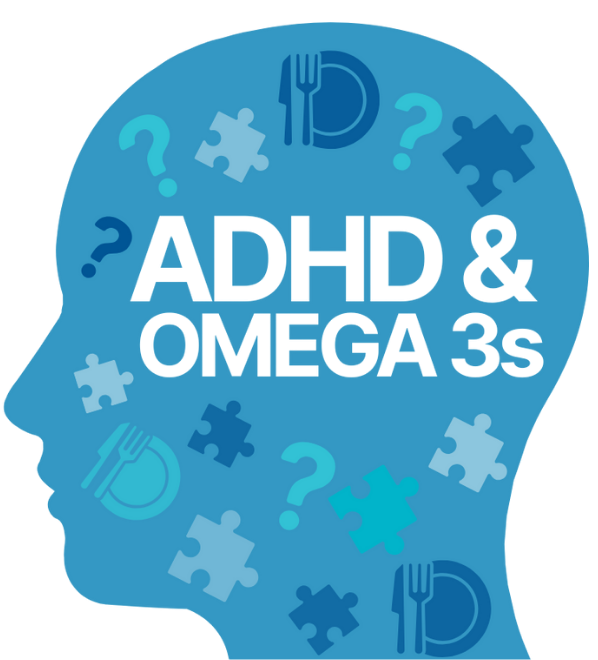Receive exclusive content, promotions, news and events to your mailbox.
Origins of Mental Illness: Temperament, Deviance and Disorder
Professor Claridge's central theme is that "psychiatric" disorders – even in their most severe forms – are abnormal manifestations of temperamental and personality characteristics we all possess to a greater or lesser degree. Examining the major forms of abnormality from this point of view, the author puts particular emphasis on the continuity between schizophrenia and normal behaviour.

"The central theme he develops is that 'psychiatric disorders-even their most severe forms-are abnormal manifestations of temperamental and personality characteristics which we all possess to a greater or lesser degree and which have interesting and testable correlates in the conceptual nervous system.'
"The biological basis of mental illness is contained in his theory. Genetic as well as environmental influences do contribute to differences in human individuality, but he sees the task of abnormal psychology as finding ways of integrating factual evidence about biological differences between...He presents research data and a historical perspective not readily available to the clinician in the United States."
- Robert Ornstein, author of The Evolution of Consciousness and The Roots of The Self
"In an immensely readable fashion, Claridge brings to life important studies on the nature of our personality, mental illness and madness. He links the normal with the abnormal, the creative and the mad, the workaday research of psychology with the florid experiences of the mentally ill. And he does it with humility, sense and brilliance. This is an important book, because it brings to the general reader and the professional an unrivaled range of experience, competence and understanding. A triumph!"
- Robert Ornstein, author of The Evolution of Consciousness and The Roots of The Self
"He presents research data and a historical perspective not readily available to the clinician in the United States."
- Journal of the American Medical Association, Chicago, IL
"A lucid and original piece of work."
- Anthony Storr in The Good Book Guide
About the Author
Gordon Claridge was a Fellow of Magdalen College, Oxford, and University Lecturer in Abnormal Psychology.
Get the latest insights in nutrition and brain health
More articles











